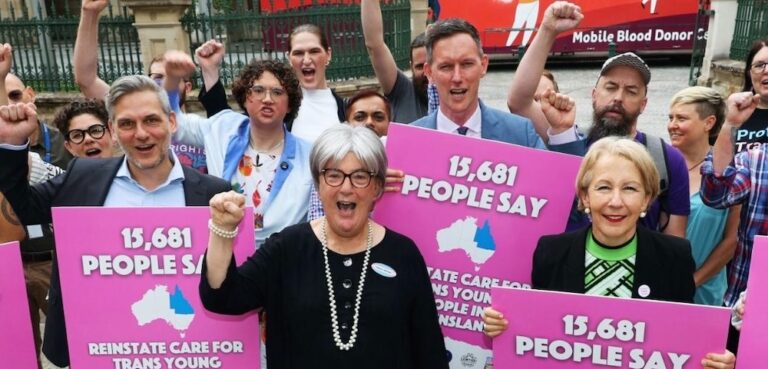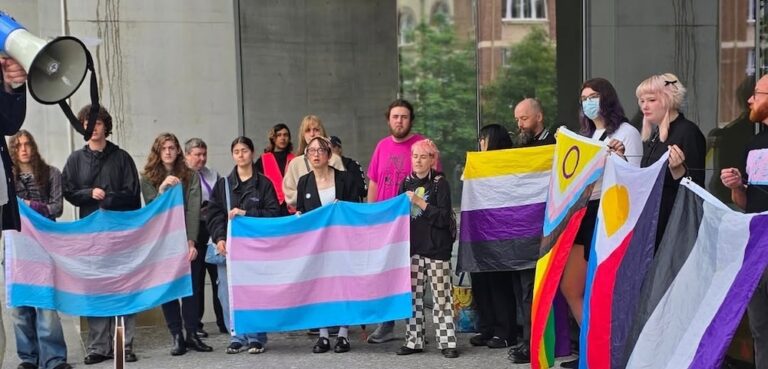
‘HPV Vaccine Can Reduce Anal Cancer In Gay & Bisexual Men’

The success of Australia’s school-based human papillomavirus (HPV) vaccination programme has been reaffirmed with a new study showing a 70 per cent reduction in one type of HPV that is most commonly linked with anal cancer in gay and bisexual men.
The study by Monash University and Alfred Health published in Lancet Infectious Diseases found a reduction in anal, penile and oral vaccine-preventable genotypes in gay and bisexual men aged 16-20 years following the introduction of gender neutral HPV vaccination program in Australia in 2013.
“This is the first study to show that the implementation of the gender-neutral program can reduce high-risk anal HPV and potentially reduce the incidence of anal cancer in gay and bisexual men,” the study authors said in a media statement.
New research Article: Prevalence of human papillomavirus in young men who have sex with men after the implementation of gender-neutral #HPV vaccination: a repeated cross-sectional study https://t.co/UOfgRpffdM
— The Lancet Infectious Diseases (@TheLancetInfDis) May 25, 2021
“Australia has a very successful HPV vaccination program for both boys and girls with high vaccine coverage,” said Associate Professor Eric Chow, the lead author of the study.
“The vaccine is effective in reducing HPV-related diseases and showing some promising evidence that this may lead to a reduction in HPV-related cancer in the future,” added Chow.
Australia’s Gender-Neutral HPV Vaccination Program
Australia provides free HPV vaccines to boys and girls aged 12-13 years as part of its National Immunisation Program. The program was introduced for girls in 2007 and extended to cover boys in 2013.
The vaccine that is currently administered covers four genotypes – 6 & 11 that cause 90 per cent of genital wart cases and 16/18 that cause about 70 per cent of the cervical and anal cancers.
The study comprised two groups of 400 men who have sex with men aged 16-20. who were recruited via sexual health clinics and the community in Melbourne. The first group had men from before the vaccination in 2010-2012 and the second group had men, who were Australian residents since 2013 and therefore had received the vaccine.
Anal swabs were collected by the clinician, while the penile swabs and oral rinse were self collected and tested for 28 HPV genotypes.
The incidence of anal and penile quadrivalent genotypes was 28 per cent and 11.9 per cent in the pre-vaccination group respectively and 7.3 per cent and 6.1 per cent in the post-vaccination group.
Anal Caner Among Men Increasing

The incidence of anal cancer amoing men is increasing globally and is overrepresented among gay and bisexual men, and those living with HIV.
According to the AFAO (the Australian Federation of AIDS Organisations), the incidence of anal cancer in gay and bisexual men is 20 fold higher as compared to the general population and the risk for anal cancer is estimated at 45.9 per 100,000 among HIV-positive MSM.
The researchers who are part of the new study said, “male vaccination may lead to a potential reduction in anal cancer among gay and bisexual men in Australia, which is similar to the reduction in cervical cancer among Australian women after the HPV vaccination program launched in 2007.”










